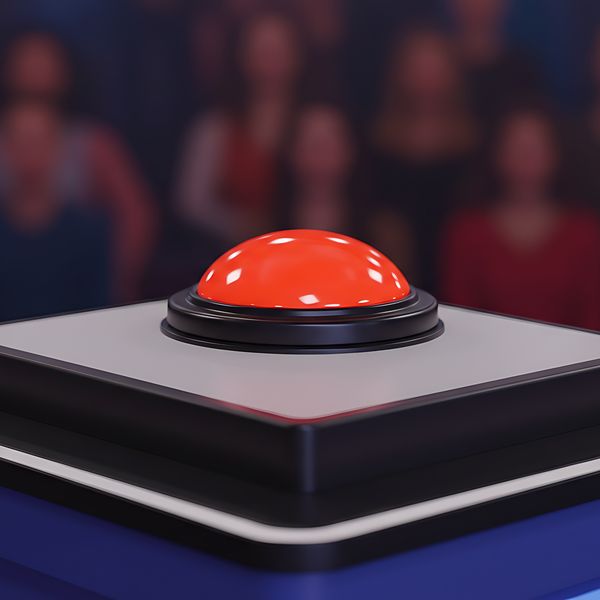What the NBC / Comcast Merger Means for Branded Entertainment
Comcast not only supports 23.8 million cable customers, they’re also the largest residential internet service provider (ISP) and the third largest phone provider in the US. As the channels in which content is pushed diverges--cable, broadcast, internet/broadband, phone, and even game systems like Xbox--Comcast is showing it understands clearly that controlling content is key. In the Associated Press article Comcast-NBC deal
shows future is in content, Deborah Yao and Ryan Nakashima argue that "[Comcast] and Time Warner have arrived at the same conclusion: The future is in content, and the pipes that carry it matter less."
With the merger, Comcast would have control over NBC-Universal’s broadcast (NBC) and silver-screen (Universal) IP. In addition, Comcast’s existing cable, internet/broadband, and phone channels will combine with the Universal Studios theme parks, but what does this mean for branded entertainment?
Back in September of 2007, Ben Silverman, the NBC-Universal TV and entertainment division co-chair hired Cameron Death as VP of Digital Content at NBC. Death was MSN’s US Director of Branded Entertainment. Until now, Death’s digital work like "Ctrl", "Gemini Division"--both branded entertainment web series--haven’t been able to grab the level of attention of broadcast but with the merger, that could change.
Even Disney has started to recognize the value of branded entertainment. Until now, the House of Mouse has steered clear of associating any original content with brands besides their own (think "High School Musical") to avoid the scrutiny of marketing to children. But just last month, Disney announced "The Possibility Show", a branded-entertainment program on Disney.com produced by Jim Henson Co. and sponsored by Clorox aimed directly at moms.
With the ongoing blurring of the lines between content and commerce, the merger may create a more seamless and less expensive way for NBC-Universal to syndicate across multiple channels as well as create more intricate multimedia brands like Heroes. We may even see more innovative and cutting edge branded-entertainment properties in the near future.



